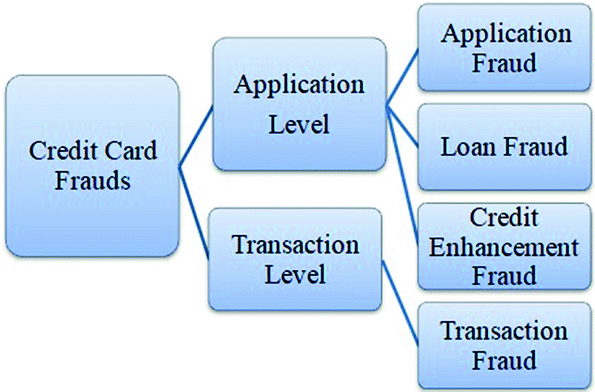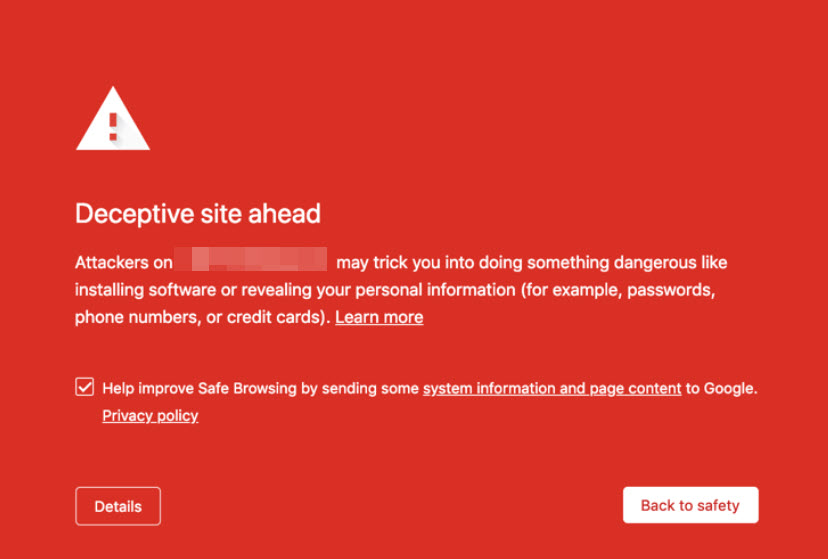Some behaviors or activities may be suspicious and may result in your credit card being reported to the bank or the card issuer. Examples include: Unusual spending patterns
Suspicion may be raised in response to sudden large transactions, or a significant increase in spending when compared with the typical behavior of the cardholder.
Unrecognized Transactions
Fraud may be spotted by transactions that are unfamiliar or unauthorized on the statement of the card that the cardholder has not initiated or authorized.
Multiple declined transactions
A pattern of several declined or failed transactions within an extremely short period of time Particularly if the person who is responsible has a generally positive transaction history could indicate an issue.
Geographic Anomalies
Transactions that originate from locations far from the usual spending locations or multiple transactions at different geographic locations in a short period of time may raise suspicion.
Types of Purchases that are not normal
You should report as suspicious any unusual purchases like high-value items that don't match your spending routine.
Uncommon Online Behavior
Unexpected online activity such as multiple failed log-ins, changing account details or suspicious login attempts could indicate possible unauthorized access.
Unusual Card Use
Any instance where the credit or debit card is used differently than its normal pattern of use, for instance, suddenly using it to conduct international transactions despite the fact that it was previously used only locally, may be suspicious.
Rapid Cash Advances, or Transfers
Cardholders might receive notifications if they make large cash transfers or advances which aren't in their normal spending routines.
Frequent Card Not Present Transactions
A sudden increase in card-not-present transactions (online or over-the-phone purchases) without prior records of such transactions might be flagged for scrutiny.
Identity Verification Issues
Issues with verifying the identity of cardholders during transactions, particularly when additional verification is needed, can result in suspicion.
These kinds of behaviors, in addition to other things, could trigger the card issuer's fraudulent detection systems or monitoring mechanisms which prompt them to investigate, and eventually suspend the card for a period of time until the cardholder's identity or the legitimacy of transactions can be confirmed.

What Do I Do If My Credit Card Appears On The "Blacklist"?
You should do the following if your credit card appears on a list or if there is suspicion of fraudulent activity. Call Your Credit Cards Issuer Immediately
Call the customer care number that appears on the reverse of your credit card. Go to the site of the issuer for an exclusive hotline to report fraudulent transactions.
Inform your card issuer that you are concerned. Inform them that you suspect fraud, or that your security card may be compromised.
Report Suspicious Activity-
Please explain any unusual, unauthorized or suspicious transactions you spot on your statement.
The details of the transactions are required, including dates, amounts and names of the sellers, if any.
Request Card Blocking or Replacement-
To stop any future transactions that are unauthorized, ask that your credit card provider temporarily block your card temporarily.
To ensure you have continuous access to your credit, inquire for the procedure to replace your old card with a new one.
Examine your account to challenge any charges.
You may have missed some suspicious transactions or accounts If you didn't check the recent transactions and account statements.
If you find unauthorized transactions on your credit card you should contact the card issuer to investigate them.
Follow up and monitor your creditreport
You must contact the credit card company to ensure that all steps required are taken to address any issues.
Keep an eye on your account to determine if there are any unusual changes or suspicious activity.
Think about putting up a freeze on your security or fraud alert.
If the situation is severe then you might want to consider placing the credit freeze or placing a fraud alert to safeguard your identity or prevent future fraudulent attempts.
Report to Authorities in the event of a need
If you suspect that fraud or identity theft is taking place, you should report the issue to the Federal Trade Commission and file an official police report in your area.
Get involved immediately to stop any further fraud or unauthorized transactions. You can reduce the risk of fraud on your credit card and abuse by reporting suspicious activities promptly to your credit card provider.
What Are The Qualifications Of Those Who Run Credit Card Numbers Via An App Which Blacklists Them?
Validating credit card numbers against the blacklist or examining for suspicious activity with credit cards is normally performed by authorized professionals within financial institutions and law enforcement agencies or cybersecurity firms. They are Fraud Analysts who are specially trained employees of financial institutions who are experts in identifying fraudulent transactions that involves credit cards and analyzing the issue. They use software and tools that are specialized to detect patterns and anomalies, and may also reveal stolen card details.
Experts in cybersecurity- Professionals who are experts in cybersecurity. They are able to monitor and spot cyber-attacks, including stolen credit card information. They are responsible for preventing data breaches as well as studying data to find the signs of compromise.
Law enforcement officials - Units or individuals within the law enforcement agencies who specialize in financial crimes, such as credit card fraud. They are able to access databases and resources to track and analyze fraud-related transactions.
Compliance Officers are professionals who make sure that banks adhere to the rules and regulations regarding transactions in the financial sector. They are also responsible for overseeing processes to identify and report suspicious activities relating to credit card transactions.
Access to databases containing credit card blacklists and the authority to verify credit card information against such lists are strictly regulated and require proper legal authorization, such as being a part of an official investigation into financial crimes or having specific permissions granted by authorized organizations.
These teams of experts utilize specific tools and protocols, legal procedures and specialized software to verify that credit card data is not on blacklists. They do this in a strict compliance with privacy and security regulations. It's essential to rely on authorized professionals and institutions when you have concerns about potentially compromised credit card details. Unauthorized access or use of credit card "blacklists" can result in legal consequences. Check out the top rated savastan0 review for website recommendations.
